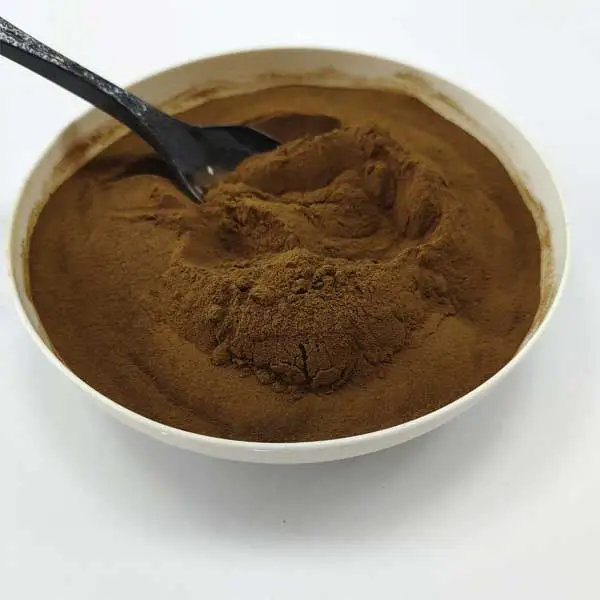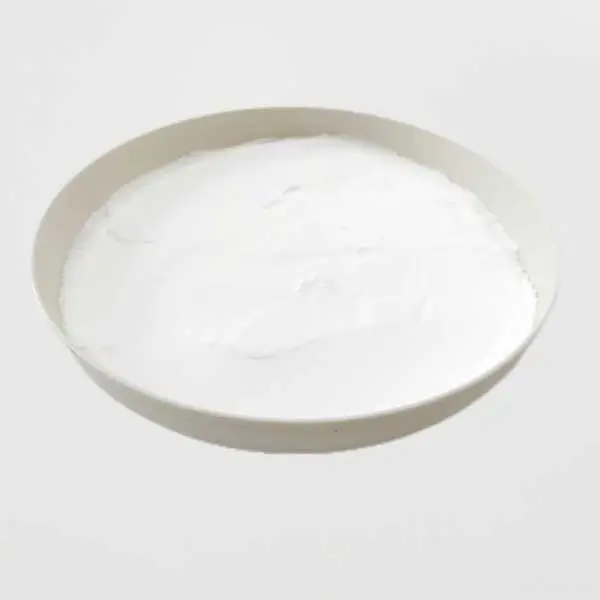Exploring the Multiple Uses of Sodium Gluconate
Sodium Gluconate: Versatile Applications
Sodium gluconate, highly soluble in water and slightly soluble in alcohol, finds diverse industrial uses. In the concrete industry, it acts as an efficient retarder and water reducer. It serves as a potent chelating agent in textile dyeing, metal surface treatment, and water treatment. Additionally, it works as a steel surface cleaner, glass bottle cleanser, and aids in aluminum anodizing in the electroplating industry.
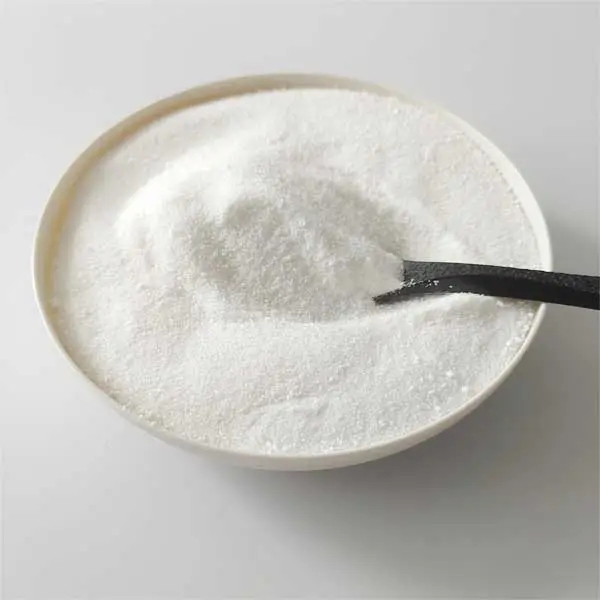
Building Sector: Vital Role in Construction
1. Water Reducer
A. Enhances workability by maintaining the water-cement ratio (W/C) while acting as a plasticizer.
B. Increases strength by reducing water content in concrete (lower W/C ratio).
C. Lowers cement content while maintaining the W/C ratio.
2. Retarder
Sodium gluconate, added in small amounts, allows concrete to be pumped and set at high temperatures, without compromising strength.
3. Cement Admixture
Enhances concrete's plasticity, strength, and delayed setting, extending workability without compromising strength.
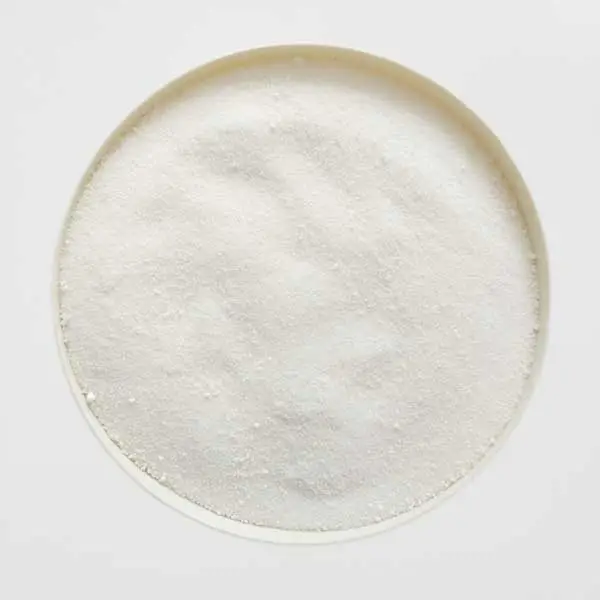
Industrial Use: Environmental and Sustainable
1. Water Stabilizer
Used widely as a corrosion inhibitor in water treatment due to its excellent anti-scaling properties.
2. Steel Surface Cleaner
In surface treatments like galvanizing and chroming, sodium gluconate is added to cleaning agents to ensure strong adhesion.
3. Glass Bottle Cleaner
Specialized cleansers with sodium gluconate resolve issues like insufficient cleaning power and residue while being eco-friendly.
4. Water Quality Stabilizer
Sodium gluconate, with a coordinating effect, stabilizes water quality by enhancing anti-corrosion effects.
5. Applied in electroplating, film manufacturing, and more.
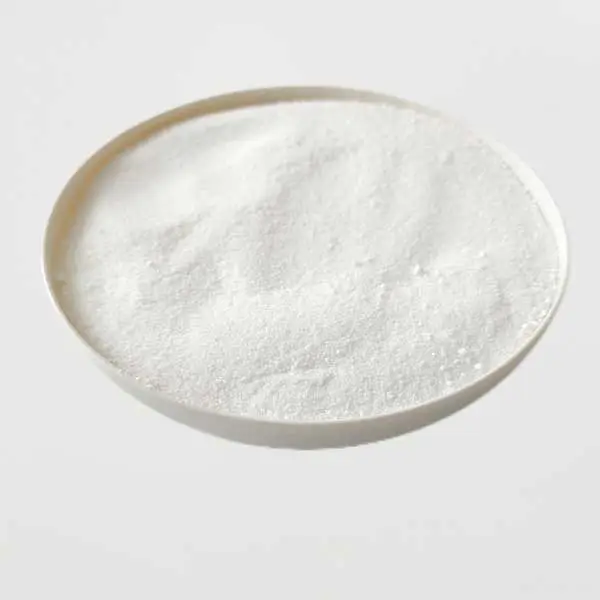
Food Industry: Preservation and Nutrition
In food industry, sodium gluconate serves as an indispensable antioxidant, prolonging shelf life. It maintains taste, color, and freshness during transportation and storage.
Sodium Gluconate: Multiple Achievements
As industrialization and emerging sectors flourish, Jufu Chemical's sodium gluconate holds a significant place in construction, dyeing, textiles, and food industries. Its eco-friendly, sustainable nature aligns with contemporary development needs, making it a favored choice for architects.
Recommended Products
Related News About Construction Chemicals

 English
English 



